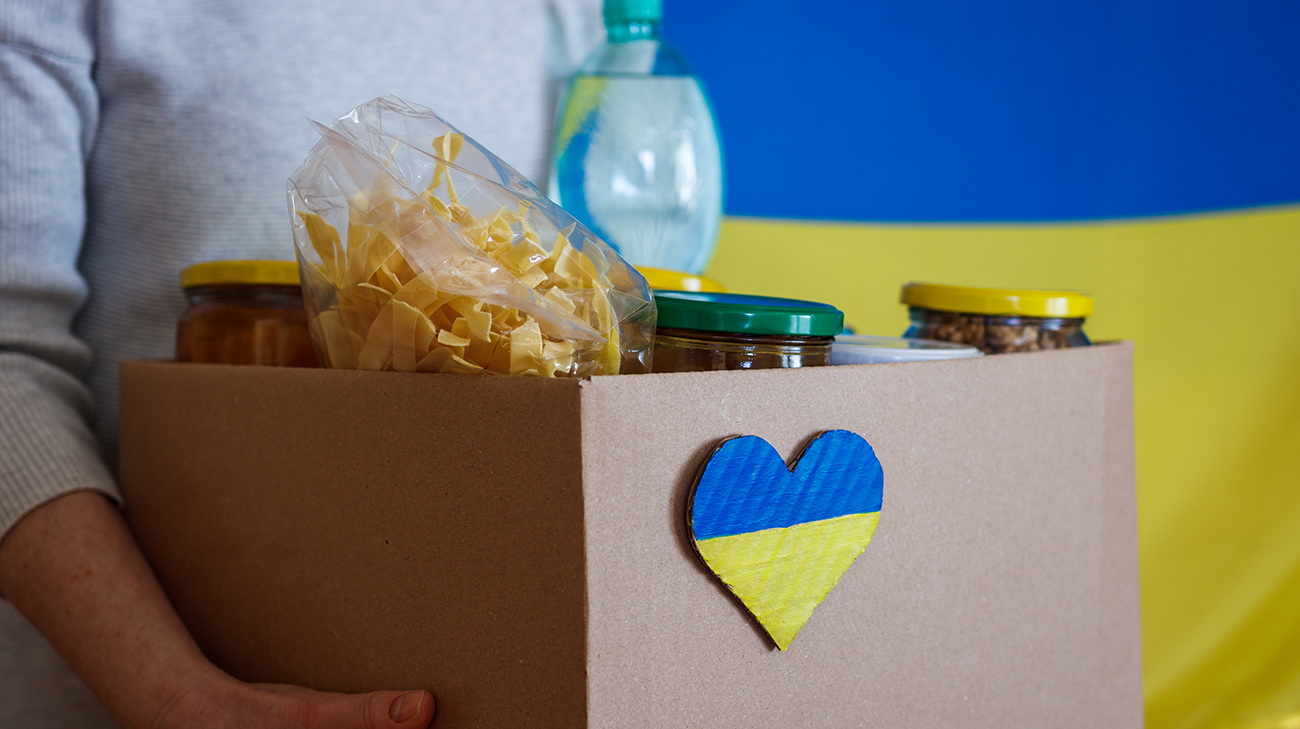Lithuania extends temporary protection for Ukrainians until March 2027: new measures and governmental commitments

The Lithuanian government officially announced the extension of temporary protection for Ukrainian citizens who have been forced to leave their country due to military actions.
The new deadline is set for March 2027, adding three more years of legal residence and social rights for displaced Ukrainians residing in Lithuania.
Previously, their residence permits were valid until March 4, 2026, but now they will be automatically renewed for an additional three years.According to government officials, this decision was motivated by the ongoing hostilities and the need for a stable legal status for refugees.
Acting Prime Minister Rilmantas Sadzhius stated during a government session that “Europe, especially Lithuania, responds positively to the situation, which remains tense, and therefore the extension of temporary protection is essential and supported.” Data from the Lithuanian Ministry of the Interior indicate that approximately 30-40 new applications are submitted daily for temporary residence permits based on this protection status.
This reflects the country’s strong humanitarian support and efforts to ensure a stable life for Ukrainian refugees.
Furthermore, the government confirmed that foreign workers in Lithuania under temporary protection will not be required to learn Lithuanian, facilitating quicker integration into the labor market.Special attention has been given to the healthcare needs of vulnerable groups, including children forcibly deported from Ukraine to Russia and subsequently returned.
The government has approved initiatives to provide medical rehabilitation and social support—these children will be placed in specialized facilities offering inpatient rehabilitation, accommodation, and meals accompanied by adult guardians.
This move marks a significant step toward protecting the rights and dignity of vulnerable Ukrainian populations.In addition to national efforts, EU countries continue to support Ukraine by providing additional humanitarian and medical funding.
For example, Austria announced extra financial aid in August, and Sweden committed funds to establish a rehabilitation center for injured soldiers in Ukraine.
These efforts highlight the unified stance of European nations in assisting Ukraine to recover and rebuild amidst ongoing conflict.

